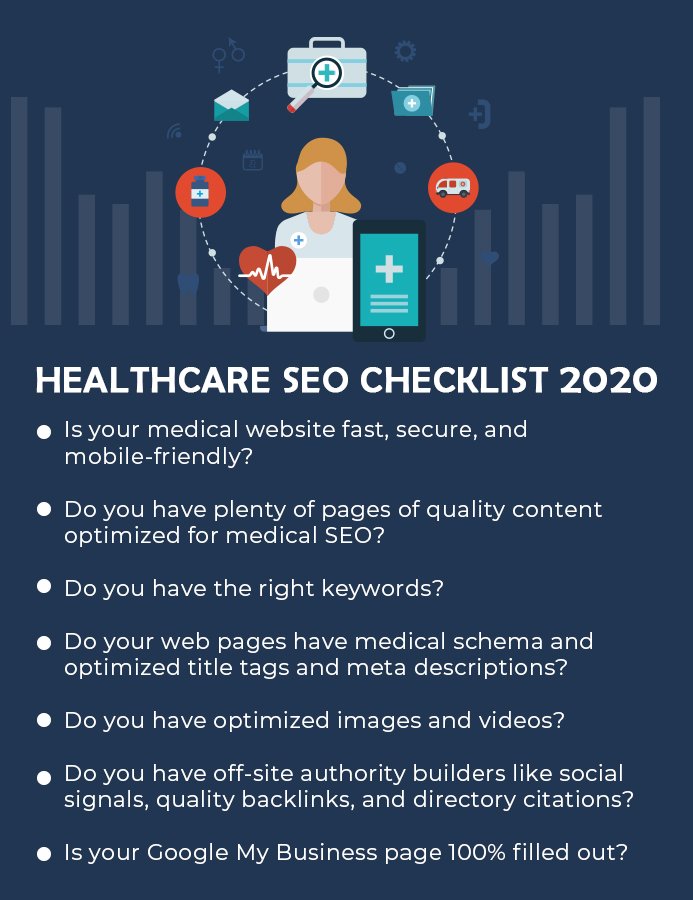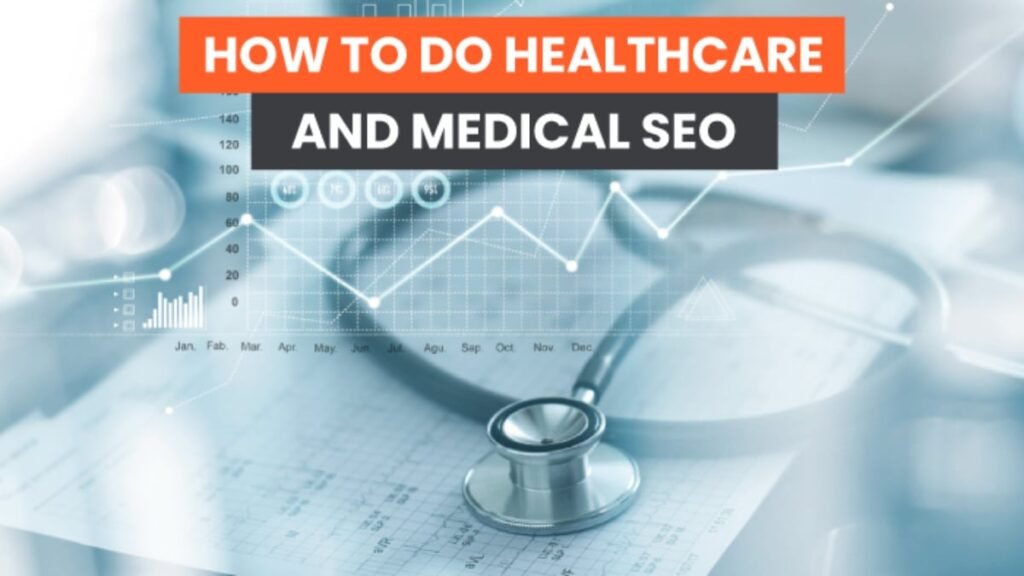Understanding the Importance of SEO in Healthcare
As a healthcare professional, you understand the importance of reaching potential patients online. In today’s digital age, having a strong online presence is crucial for attracting new patients and growing your practice. This is where SEO comes into play. By optimizing your website for search engines, you can improve your online visibility and attract more organic traffic to your site. In this article, we will discuss effective strategies for healthcare SEO that can help you reach your target audience and improve your search engine rankings.
Keyword Research for Healthcare SEO
One of the key components of an effective SEO strategy is keyword research. Keywords are the words and phrases that potential patients use to search for healthcare services online. By targeting the right keywords, you can improve your website’s visibility in search engine results and attract more relevant traffic to your site. When conducting keyword research for healthcare SEO, it’s important to consider both the search volume and the competition for each keyword.
Creating High-Quality, Relevant Content
Content is king when it comes to SEO. Search engines like Google prioritize websites that publish high-quality, relevant content that provides value to users. As a healthcare professional, you have valuable knowledge and expertise to share with your audience. By creating informative, engaging content that addresses the needs and concerns of your target audience, you can not only improve your search engine rankings but also establish yourself as a trusted authority in your field.

Optimizing On-Page Elements
On-page optimization is another crucial aspect of healthcare SEO. This involves optimizing the various elements of your website, such as title tags, meta descriptions, headers, and images, to improve your search engine rankings. By incorporating relevant keywords into these elements and ensuring that they are optimized for search engines, you can improve your website’s visibility and attract more organic traffic.
Title Tags
Title tags are one of the most important on-page elements for SEO. These are the titles that appear in search engine results and on browser tabs when users visit your website. When optimizing your title tags for healthcare SEO, be sure to include relevant keywords that accurately describe the content of the page. Keep your title tags concise and compelling to attract more clicks from search engine users.
Meta Descriptions
Meta descriptions are another important on-page element that can impact your search engine rankings. These are the brief descriptions that appear below the title tags in search engine results. When writing meta descriptions for healthcare SEO, be sure to include relevant keywords and a compelling call-to-action to encourage users to click through to your website. Keep your meta descriptions concise and informative to attract more clicks from search engine users.
Mobile-Friendly Website Design
With the increasing use of mobile devices, having a mobile-friendly website is essential for healthcare SEO. Google now prioritizes mobile-friendly websites in search engine results, so having a responsive website design that looks great on all devices is crucial. By ensuring that your website is optimized for mobile users, you can improve your search engine rankings and provide a better user experience for your audience.
Responsive Design
Responsive design is a web design approach that aims to create a website that adapts to the screen size of the user’s device. This ensures that your website looks great and functions properly on any device, whether it’s a desktop, laptop, tablet, or smartphone. By implementing responsive design for your healthcare website, you can improve your search engine rankings and provide a seamless user experience for your audience.
Page Speed
Page speed is another important factor that can impact your search engine rankings. Google considers page speed when ranking websites in search results, so having a fast-loading website is crucial for healthcare SEO. To improve your website’s page speed, consider optimizing your images, minimizing HTTP requests, and leveraging browser caching. By improving your website’s page speed, you can provide a better user experience for your audience and improve your search engine rankings.

Building High-Quality Backlinks
Backlinks are links from other websites that point to your website. They are an important factor in SEO, as search engines like Google consider backlinks as a vote of confidence in your website. When it comes to healthcare SEO, building high-quality backlinks from reputable websites can help improve your website’s authority and search engine rankings.
Guest Blogging
Guest blogging is a popular strategy for building backlinks in healthcare SEO. By writing high-quality guest posts for websites in your industry, you can earn backlinks to your website and improve your search engine rankings. When guest blogging, be sure to choose reputable websites with a strong domain authority to maximize the impact of your backlinks.
Online Directories
Another effective strategy for building backlinks in healthcare SEO is to submit your website to online directories. Online directories are websites that list businesses in specific categories, such as healthcare providers. By submitting your website to relevant online directories, you can earn backlinks and improve your website’s authority in the eyes of search engines.
Monitoring and Measuring Results
Once you have implemented the above strategies for healthcare SEO, it’s important to monitor and measure your results to determine the effectiveness of your efforts. By using tools like Google Analytics and Google Search Console, you can track key metrics such as organic traffic, keyword rankings, and backlink profile. By analyzing this data, you can identify areas for improvement and make informed decisions to optimize your SEO strategy.
Organic Traffic
Organic traffic refers to the number of visitors who come to your website through organic search engine results. By monitoring your organic traffic using Google Analytics, you can track the performance of your SEO efforts and identify trends over time. By analyzing your organic traffic data, you can identify which keywords are driving the most traffic to your site and optimize your content accordingly.
Keyword Rankings
Keyword rankings are another important metric to monitor in healthcare SEO. By tracking the rankings of your target keywords in search engine results, you can assess the effectiveness of your SEO strategy and identify opportunities for improvement. By monitoring your keyword rankings using tools like Google Search Console, you can identify which keywords are performing well and which ones need optimization.

Conclusion
In conclusion, SEO is a powerful tool for healthcare professionals looking to improve their online visibility and attract more patients to their practice. By implementing the effective strategies outlined in this article, you can optimize your website for search engines and improve your search engine rankings. From conducting keyword research to creating high-quality content and building backlinks, there are many ways to enhance your healthcare SEO strategy. By monitoring and measuring your results, you can make informed decisions to optimize your SEO efforts and reach your target audience online. By following these strategies, you can improve your online visibility, attract more organic traffic, and grow your healthcare practice.
